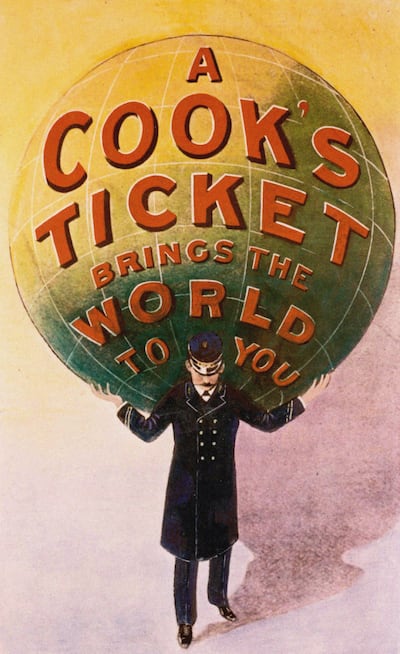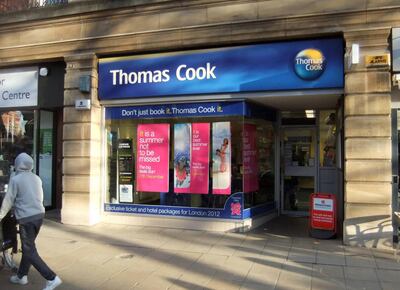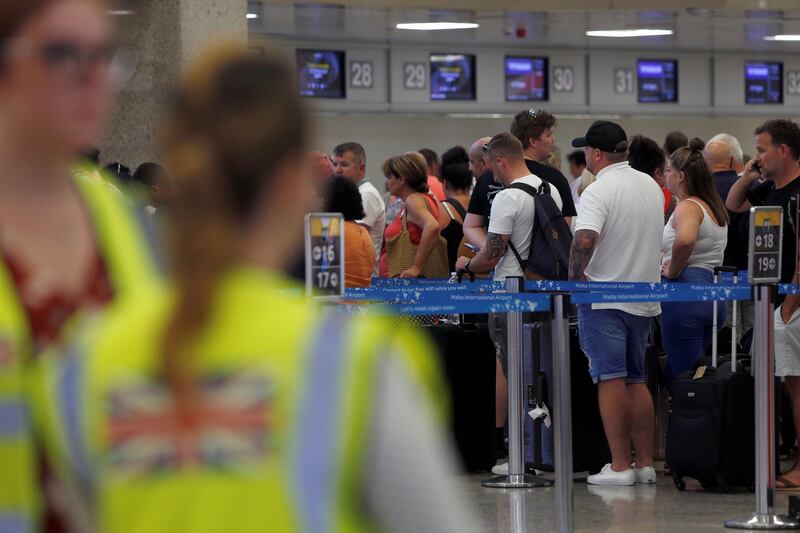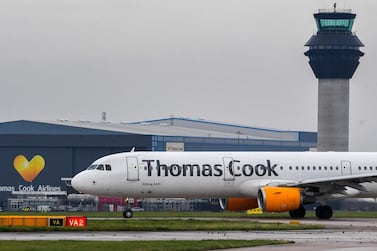It’s been a sad week for the travel industry, as one of the world’s longest-running travel agents shut up shop after 178 years.
On Monday, after weeks of speculation, Thomas Cook announced its closure. The British travel company is one of the largest in the world and comes with an illustrious history. Set up in 1841 by Thomas Cook, a former cabinet-maker and Baptist minister, the company initially focused on railway travel, but expanded rapidly to include cruises, air travel and more. Widely thought of as a pioneer in the tourism industry, the company's first rail trip was the first advertised excursion in history. Thomas Cook is also responsible for introducing the precursor to today's traveller's cheques.

Having grown up in the UK, I have fond memories of holidays, many of which were booked via Thomas Cook. Budgeting itself as a low-cost package holiday provider, the company had a mass appeal for families looking for an affordable week in the sun.
So what happened to those golden years for the company? It would seem that it was simply too wedded to its old-world ways to survive in the modern age. With the rise of the internet, hotel and flight booking sites, travel aggregators have steadily nudged out travel agents and operators. Today, less than 25 per cent of travellers book via an agent, according to 2019 data from Treksoft. Yet, when it closed on Monday, Thomas Cook had almost 600 high street stores across the UK. A perfect storm of a dwindling customer base, uncertainty around Brexit, a slump in the Sterling and a decline in consumer spending was enough to fell the travel giant.
When the news was announced, there were an estimated half-a-million holidaymakers somewhere in the world on a Thomas Cook trip. These people suddenly found themselves stranded, with cancelled flights, voided reservations and – in the worst-case scenarios – being held “hostage” by fuming hoteliers intent on recouping their losses.

Many of these holidaymakers booked their trips well in advance of the Thomas Cook collapse, before the rumours surfaced. In such a scenario, is there any way travellers can protect themselves? The majority of experts would advise booking with large, tried-and-tested operators, but that's exactly what Thomas Cook was, so what else can we do to protect ourselves?
Purchasing travel insurance, preferably shortly after booking your trip, is a good tip. Avoid booking this through the travel agent or operator, and instead get it direct from an insurance supplier, so that it still exists if the travel company folds. It’s also worth paying a little extra for a policy that comes with the option to “cancel for any reason”.
Another tip that I gleaned a few years ago when a flight I had booked with the now-defunct Kingfisher Air was cancelled last minute, is to always book standalone flights or hotels using a credit card. Many countries have a fund that protects package holidays, but individual bookings are not covered by this. Thankfully, I had booked my flight on a credit card so was able to claim a refund for my costs directly through my card provider. The process was lengthy, but I eventually got my money back, which wouldn't have been the case if I'd paid with cash or a debit card.
Lastly, it’s good to remember the adage that if something seems too good to be true, then it probably is – even when it comes to one of the world’s longest-running travel companies. Thomas Cook was still trading up to midnight the day before it folded and people were still booking holidays, often for bargain prices. In this instance, it should have definitely been more a case of just book it, don’t Thomas Cook it.







